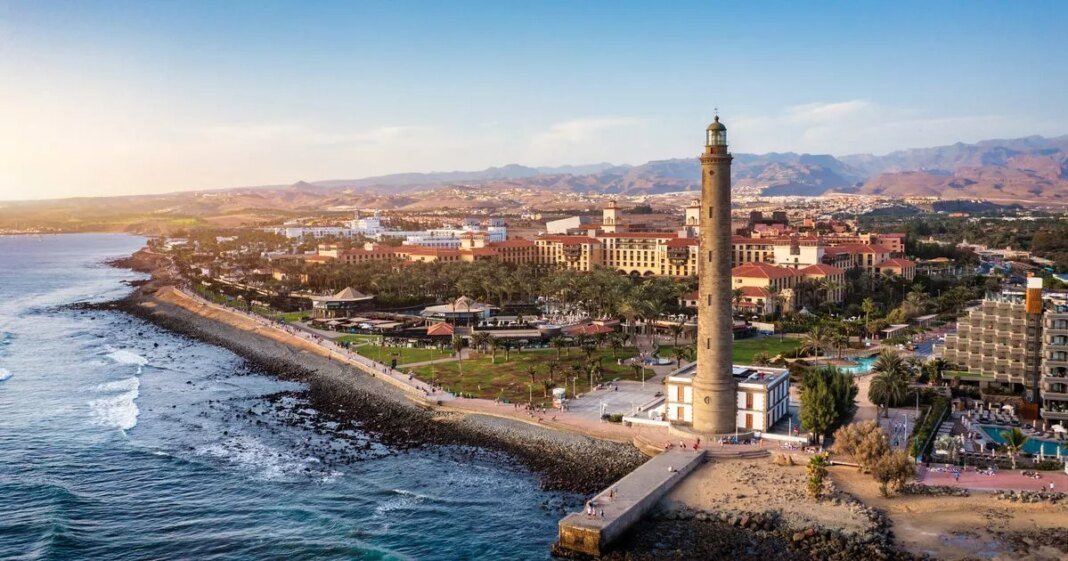Brits searching for sun in the Canary Islands could soon be hit by yet another tourist clampdown. Last month, Jéssica de León, the Minister for Tourism and Employment, called for the first-ever official regulation over outdoorsy tourist accommodations such as campsites, yurts, and campervans.
Citing their impact on the ‘social and environmental spheres’, the politician pointed out how such activities are currently exempt from the Tourism Law bill of 1995 – meaning they don’t have to comply with the same rules as hostels and hotels. A government press release states the regulation aims to increase the ‘quality of the existing accommodation [available] and facilitate the implementation of new infrastructures, protecting and safeguarding the natural and environmental resources of the islands’.
During a parliamentary session, De León argued the regulation was necessary to respond to a ‘long-standing need in the community’. She added: “Since the 1995 Tourism Law, there has been no official reference to this activity, despite its firm establishment in the Canary Islands.”
De León added that in the coming weeks, the text will be submitted for public consultation to gather public opinion. While the government has not explicitly expressed any motivation, the bill could theoretically later be used to clamp down on holidaymakers wishing to camp on the islands.
Following Covid, the Canaries have witnessed a surge in families touring around islands such as Lanzarote in gas-guzzling campervans. They’re ideal for budget travellers who want to explore every inch of volcanic land, but could be seen as a nuisance for locals – who will be impacted by increased road traffic and limited public parking spaces.
Want the latest travel news and cheapest holiday deals sent straight to your inbox? Sign up to our Travel Newsletter
The move follows a string of anti-tourism protests that erupted last year from locals, who argue they’ve been priced out of the property market and are having their homeland destroyed. As previously reported, calls for a visitor tax continue to intensify, with one town in Gran Canaria already implementing a small fee of €0.15 per person, per day to help support public services negatively impacted by tourism.
The Nueva Canarias (NC) predict that a tourist tax could generate a whopping €250 million (£207 million) per year, with a party spokesperson adding: “The tax would have a specific purpose, with funds directed towards improving the tourism sector and preserving the region’s natural heritage.” However, the Canary Islands Government – which is currently led by Coalición Canaria (CC) and the Partido Popular (PP) – has opposed the idea, arguing it would be difficult to distinguish between tourists and local residents.
Will the new rules put you off visiting the Canary Islands? Email liam.gilliver@reachplc.com for a chance to share your story
At Reach and across our entities we and our partners use information collected through cookies and other identifiers from your device to improve experience on our site, analyse how it is used and to show personalised advertising. You can opt out of the sale or sharing of your data, at any time clicking the “Do Not Sell or Share my Data” button at the bottom of the webpage. Please note that your preferences are browser specific. Use of our website and any of our services represents your acceptance of the use of cookies and consent to the practices described in our Privacy Notice and Cookie Notice.

